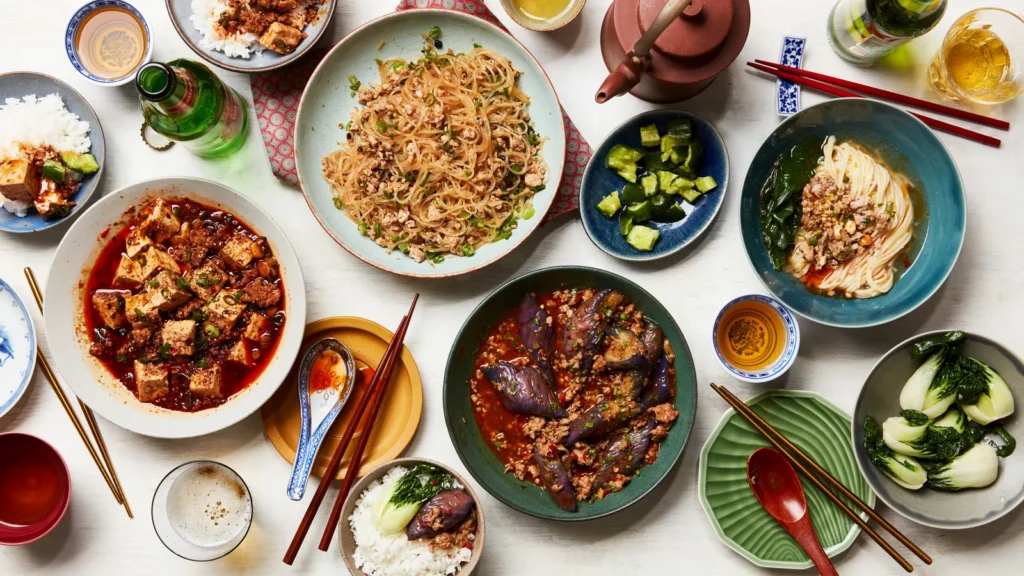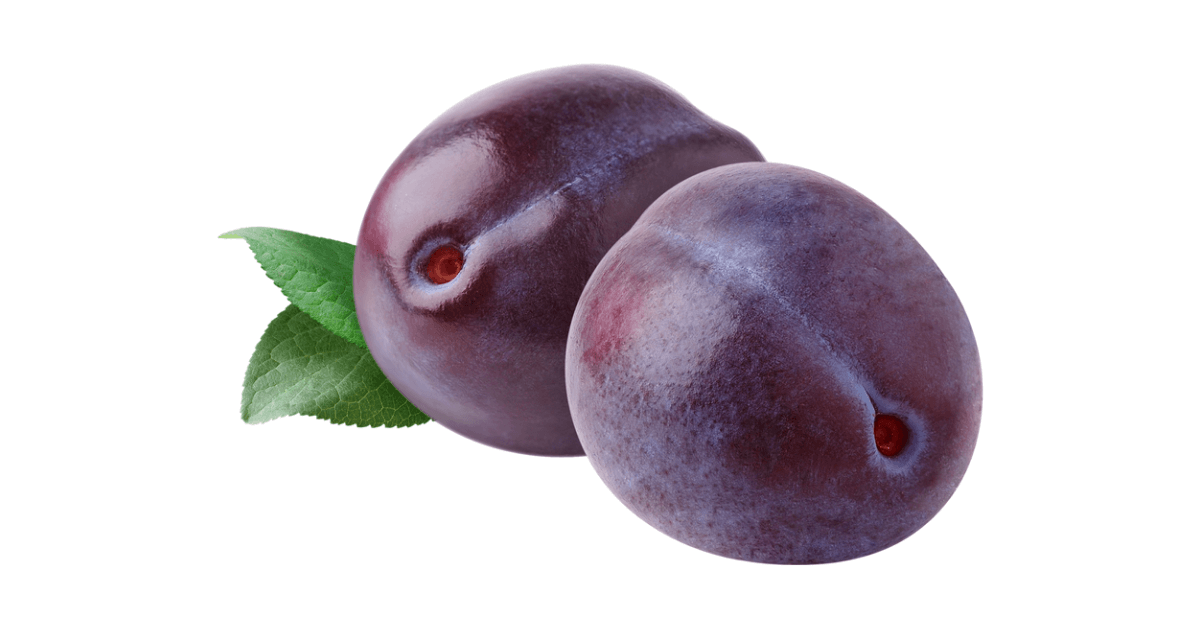Treatment of disease with simple food
What should a weak person eat?
Recommend three simple dietary remedies.
What is good to eat when you are weak? There are many causes of physical weakness. If you want to alleviate the phenomenon more effectively, you should choose the appropriate method according to the specific situation. Today, I want to introduce you to choosing suitable foods according to different symptoms of physical weakness. Let’s take a look at what to eat to combat physical weakness.
Dietary principles for physical weakness
Selection of staple foods and beans: Choose foods rich in minerals such as japonica rice, glutinous rice, millet, yellow rice, barley, and oatmeal to replenish qi; foods rich in iron and mucopolysaccharides such as purple rice and black rice have a good blood replenishing effect.
Common foods for weakness
Choice of meat, eggs and milk: chicken, goose, beef, rabbit, dog, quail, pheasant, pork belly, herring, silver carp, saury, pomfret, octopus, donkey meat, etc. Thiamine, riboflavin, and niacin Rich foods help replenish qi: pork, mutton, beef, pork liver, sheep liver, beef liver, pig blood, duck blood, soft-shell turtle, pomfret, mandarin fish, yellow croaker, octopus, conger eel, eel, squid, Sea cucumbers, clam meat, hairtail fish and other foods rich in protein and alkaloids are good for replenishing blood.

Vegetables and weakness
Selection of vegetables: To replenish Qi, you can choose foods rich in B vitamins, such as yams, potatoes, pumpkins, winter bamboo shoots, carrots, mushrooms, and lentils; Foods rich in mucopolysaccharides, folic acid, and alkaloids.
Fruits
Choice of fruits: Chestnuts, lotus seeds, hazelnuts, dates, coconuts and other foods rich in trace elements have special effects on replenishing Qi; mulberries, lychees, pine nuts, longings, dates, peanuts, cherries, raisins, etc., contain folic acid, niacin, Foods rich in flavonoids are good for replenishing blood.
How do you choose food according to the symptoms of physical weakness?
Dietary principles for different symptoms of physical weakness People with Qi deficiency should avoid spicy food and alcohol.
Common symptoms of Qi deficiency: lack of energy, easy fatigue, dizziness, too lazy to talk, prone to sweating even when sitting still, fear of wind, catching a cold at every turn; and all the above symptoms will be aggravated after exertion.
Appropriate diet
Eat more foods that are sweet, neither cold nor hot, nutritious, and easy to digest. Including meat, such as beef, chicken, rabbit meat, quail; fish, such as mandarin fish, silver carp, eel, herring, octopus; rice, beans, such as rice, glutinous rice, millet, corn, lentils, soybeans (including Tofu, soy milk); melons and fruits, such as pumpkins, carrots, jujubes, yams, sweet potatoes, potatoes, peanuts, cherries, and grapes.
It should be remembered that yams, sweet potatoes, potatoes, and other foods can produce gas. People who are prone to bloating should limit their consumption.
Unsuitable diet
Eat less or no food that is raw or cold, greasy, heavy-flavoured, or spicy, including grapefruit, tangerines, oranges, water chestnuts, raw radish, mustard greens, betel nut, mint, tea, tobacco and alcohol.
People with blood deficiency should eat high-iron foods
Common symptoms of anaemia: sallow face, no blood colour, pale eyelids and nails, dizziness, blurred vision, dry eyes, dry hair, dry skin, palpitation, fast heartbeat, poor sleep, forgetfulness, and often feeling numbness in the hands and feet; women also present with Oligo menorrhoea, light colour, amenorrhea, etc.
Appropriate diet
These people should eat more high-iron, high-protein, and vitamin-rich foods to promote blood replenishment, including meat, such as pork, beef, mutton and animal liver; silky chicken, eggs, quail; fish, such as mandarin fish, eel, herring, octopus, cuttlefish, sea cucumber; milk, beans, such as milk, soybeans (including Tofu, soy milk); fruits and vegetables, such as dates, peanuts, grapes, longan, mulberries, lotus root, black sesame, spinach, and amaranth.
It should be remembered that jujube and longan meat are high in calories and easy to cause internal heat. People who are prone to oral ulcers or facial acne should eat less.
Unsuitable diet
Eat less raw and cold foods, such as water chestnuts, mint, chrysanthemums, betel nuts and raw radish.
Don’t eat hot pot if you have yin deficiency.
Common symptoms of yin deficiency are hot palms and soles of feet, heavy sweating when sleeping and stopping sweating when waking up, upset, poor sleep, red cheekbones, weight loss, dry mouth, and the inability to quench thirst even after drinking a lot of water.
Appropriate diet: This type of person should eat more fruits and vegetables that are clear, sweet, cool, rich in water, and high in fiber to promote body fluids and fluids. Spinach, green vegetables, sprouts, pears, bananas, watermelons, citrus, oranges, grapefruits, strawberries, grapes, sugar cane, mulberries, wolfberries, tomatoes, white fungus, black fungus, various mushrooms, honey and royal jelly are especially recommended. There are also duck, pork, eggs, milk, yoghurt, soft-shell turtle, turtle meat, scallops, sea cucumbers, cuttlefish, and glutinous rice, which are also good choices.
Unsuitable diet
Spicy, warm and fragrant foods, fried and stir-fried foods, and hot and irritating foods are all “diet-forbidden areas” for people with yin deficiency. Specifically, it includes meat, such as dog meat and mutton; fish, such as carp, silver carp, and seahorse; fruits and vegetables, such as pepper, cinnamon, fennel, clove, garlic, pepper, pepper, leek, longan, crispy rice, Fried peanuts, fried soybeans, fried melon seeds, and popcorn.
It is not difficult to find that many of the above seasonings are used when eating hot pot. Therefore, people with yin deficiency should eat less or not eat hot pot.
Cold is a taboo for Yang deficiency.
Common symptoms of yang deficiency are being particularly afraid of cold, having cold hands and feet, being prone to frostbite in winter, being inactive, having a habit of curling up when sleeping, excessive urination, being prone to diarrhea, and having stools like watery water.
Appropriate diet: These people should eat more warm, high-calorie, and nutritious foods, especially protein-rich foods, including meat, such as dog meat, mutton, and venison; fish, such as shrimp and mussels; and fruits and vegetables, such as pepper, ginger, dried ginger, green onions, cloves, cinnamon, fennel, lychee, and longan meat.
Unsuitable diet: Cold fruits and various drinks are taboo for those with Yang deficiency. Including duck meat, duck blood, duck eggs and other meats, soft-shell turtle, crab, field snails, snails, clams and other fish, yoghurt, as well as persimmons, grapefruits, citrus, bananas, figs, watermelon, bitter melon, melon, sweet potato, raw lotus root, Raw radish, luffa, seaweed, daylily, straw mushroom, water shield, nostoc, monk fruit and water chestnuts.
In addition, there are also nutritional recipes recommended for everyone to regulate physical weakness.
Three dietary remedies for physical weakness
Stir-fried black fungus with yam
Ingredients: 50g black fungus, 500g yam, 150g shredded pork, appropriate amounts of oil, salt, chicken essence, white sugar, cooking wine, starch, chives, and wolfberry.
Method:
- Prepare the above required ingredients.
- Slurry the shredded pork with cooking wine, starch, salt, and chicken essence for 30 minutes, stir-fry in oil until the colour changes, and set aside.
- Boil the black fungus and cut it into pieces, then chop the chives into chopped green onions.
- Wash, peel and cut the yam into hob pieces.
- Immediately put it in the oil pan and stir-fry.
- Add the black fungus and stir-fry.
- Stir-fry the reserved shredded pork, add salt, chicken essence, and a little water and stir-fry.
The dish is garnished with wolfberries, black, white, and red, and is crisp and smooth. It is fragrant with green onion.
Efficacy: People with Qi deficiency constitution should focus on replenishing the spleen and lungs and should be careful to avoid wind evil. In terms of diet, it is advisable to eat things that are mild and warm in nature, such as yams. Traditional Chinese medicine believes that yam is sweet in taste and calm in nature. It enters the lung, spleen and kidney meridians and has the effects of strengthening the spleen and lungs, nourishing the stomach and kidneys, strengthening the mind and calming the mind. It is mainly used to treat diseases such as spleen and stomach weakness, fatigue and loss of appetite.
Steamed whole chicken with astragalus.
Ingredients: about 800 grams of hen, 30 grams of astragalus, and a little seasoning.
Method: Put astragalus into chicken belly, add seasonings, steam in water for 2 hours, and eat in 2 to 3 servings.
Efficacy: Astragalus is slightly warm in nature and sweet in taste. Medical books say that “Astragalus nourishes the whole body’s Qi”.” Astragalus taken together with Codonopsis pilosula, Radix Pseudostellariae, or ginseng has a better effect of replenishing Qi and is more suitable for people with Qi deficiency. Astragalus simmered in old hens also has the effects of warming, replenishing Qi, and nourishing blood.
Jujube porridge
Ingredients: Glutinous rice, red dates, and water are all appropriate.
Method:
- Wash the glutinous rice and red dates and soak them in water for 30 minutes.
- Put enough water in the pot and bring to a boil.
- Drain the water from the soaked glutinous rice and pour it into the boiling water.
- Add the red dates and stir with a spoon so that the rice grains do not stick to the bottom of the pot.
- After boiling, reduce the heat to low, cover with a small gap, and simmer for 30 minutes.
- Watch carefully, and don’t let the porridge overflow.
- Open the lid, stir with a spoon, and simmer for about 10 minutes.
- Take it out, add the appropriate amount of brown sugar, mix well and serve hot.
Efficacy: The red dates in the food contain rich nutrients such as protein, fat, sugar, organic acids, vitamin A, vitamin C, trace calcium and various amino acids. Traditional Chinese medicine believes that red dates have the effects of strengthening the spleen and stomach, nourishing qi and blood, nourishing blood, calming the nerves, and moderating medicinal properties. Glutinous rice is rich in B vitamins, which can warm the spleen and stomach and replenish qi. It has a certain effect on relieving spleen and stomach deficiency, poor appetite, abdominal distension and diarrhoea, and it is a mild tonic.




